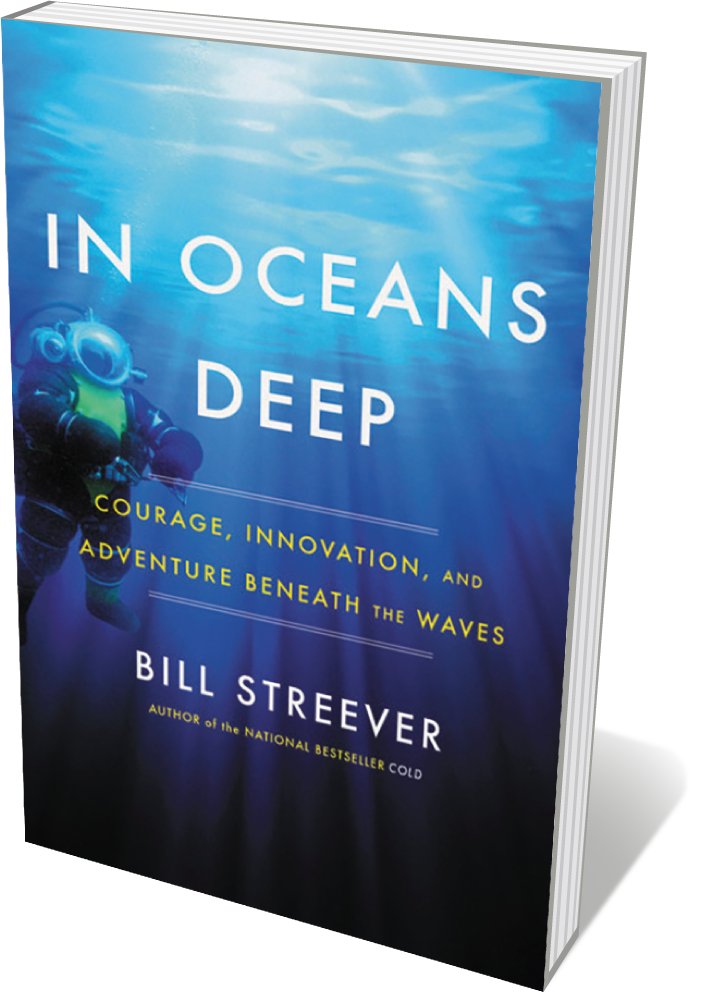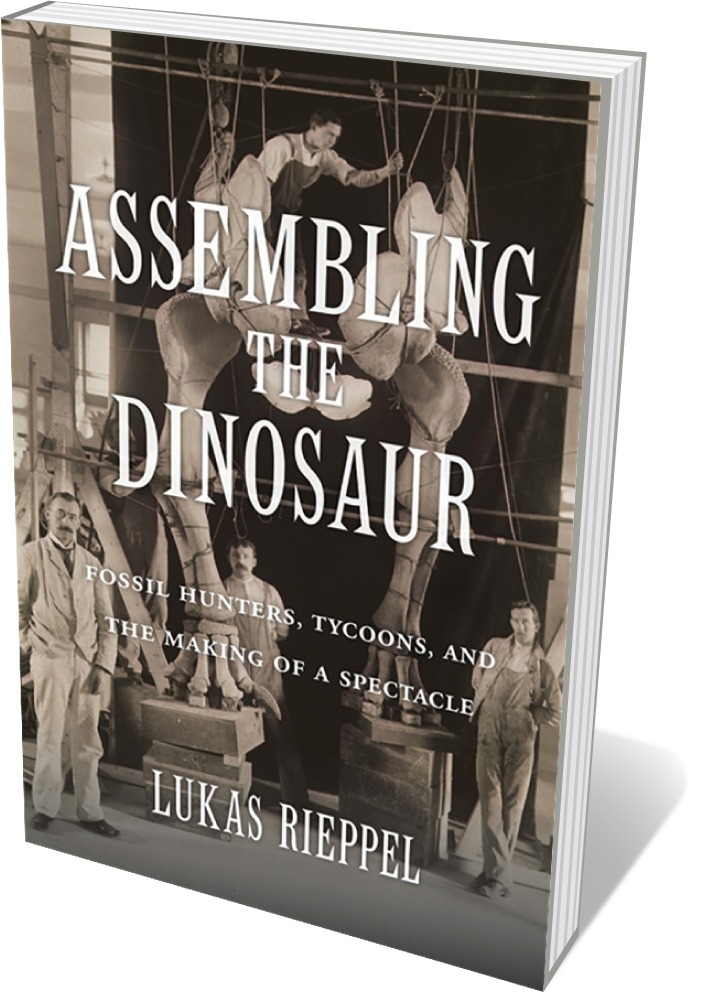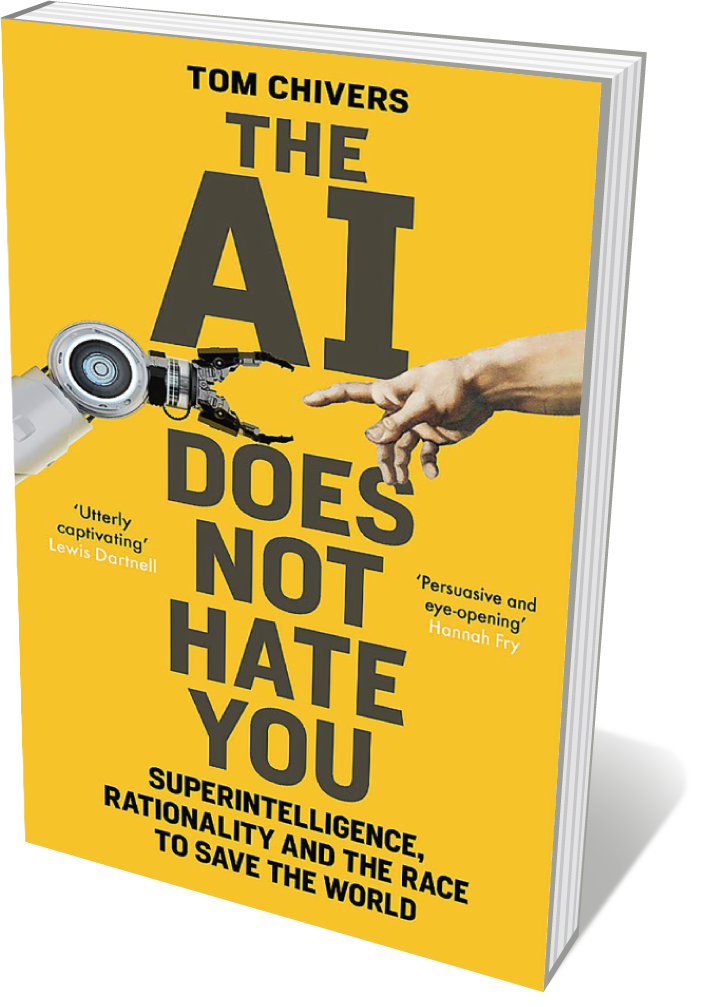
Fraser MacDonald PublicAffairs (2019)
In the 1930s, many scientists derided rocketry. That failed to deter aeronautical engineer Frank Malina from developing the first US rocket to achieve extreme altitude: the WAC Corporal. Fraser MacDonald’s taut, deeply researched account of Malina’s career is packed with luminaries such as Theodore von Kármán, and insights into the zeitgeist of a fraught era. Equally fascinating is Malina, who co-founded the Jet Propulsion Laboratory in Pasadena, California, yet — becoming “stuck in the reputational mire of McCarthyism” — was written out of space-age history because of his communist past.

Finn Brunton Princeton University Press (2019)
Cryptocurrencies seem to have sprung up from nowhere. But as communications expert Finn Brunton reveals in this knotty, engrossing technological history, their roots stretch back decades. Brunton examines paper money as manufactured object and abstract quantity, then digs into the annals of experimental cash minted by a succession of radicals, ‘cypherpunks’ and digital utopians. It’s quite a ride, from cryptographer David Chaum’s failed DigiCash initiative of 1989 through to the bitcoin saga — by way of “a wall of lava lamps, and a tank of frozen human heads”.

Bill Streever Little, Brown (2019)
In this homage-cum-history of human endeavour in the ocean depths, biologist, writer and diver Bill Streever brings to light a region less explored than the Moon. He meets Don Walsh, who with Jacques Piccard made the first descent to the oceans’ deepest point, some 11 kilometres down, in 1960. And he delineates the physics and physiology of free and ‘saturation’ diving, submersibles such as Cornelis Drebbel’s seventeenth-century wood-and-leather vessel, and the robots slated to replace deep-ocean researchers. Streever ends movingly, with a pledge to conserve Earth’s abyssal riches.

Lukas Rieppel Harvard University Press (2019)
Corporate buccaneering and political corruption marred the US ‘Gilded Age’ of the late nineteenth century; meanwhile, fossil finds such as Triceratops made the nation a global centre for vertebrate palaeontology. Science historian Lukas Rieppel traces the commingling of capitalism and science in this nuanced study. Thrilling museum fossil displays burnished the reputations of philanthropists who backed the institutions, such as Andrew Carnegie and J. P. Morgan — even as the tycoons twisted the dinosaurs’ demise into a metaphor for the advance of ‘enlightened’ corporate culture.

Tom Chivers Weidenfeld & Nicolson (2019)
The existential threat of artificial intelligence (AI) has been much chewed over, but science writer Tom Chivers explores a fresh angle. In his witty, wide-ranging book, we meet a global community of AI analysts: the entrepreneurs, economists and philosophers inspired by AI theorist Eliezer Yudkowsky and known as the Rationalists. Their original insights into the near-future ethical and societal complexities of this techno-revolution convince us that they have, as Chivers puts it, “taken the niche, practically dystopian-science-fiction idea of AI risk and made people take it seriously”.








